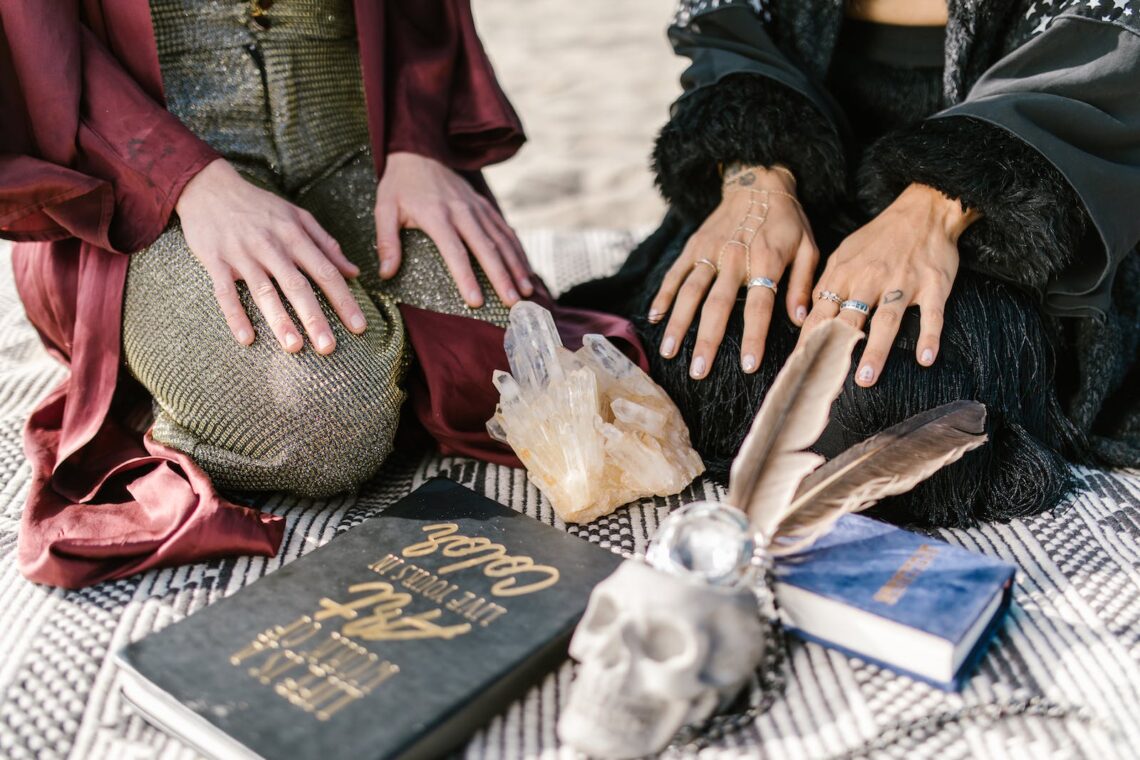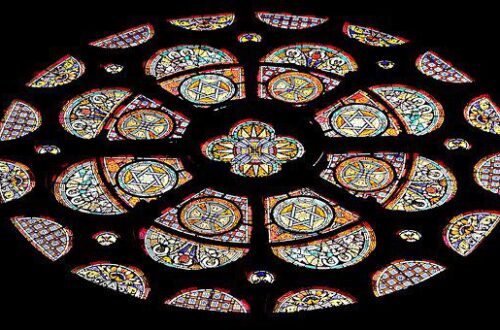
What is numerology?
What is numerology?
Starting from the name itself, numerology is the science of numbers. This definition, however, does not convey the meaning that this science carries with it. It sounds like we are talking about algebra, and yet there is a significant difference between these fields. Numerology, unlike the iron rules of mathematics, reads something more from numbers than is apparent at first glance. It shows the future fate, hidden qualities and wisdoms of the Universe written in individual numbers, like their combinations.
At the origins of numerology
The origins of numerology can be traced back to ancient Egypt and, later, Babylonia. Priests had been using the symbolism of numbers since the 10th century BC. However, it was the Greek philosopher who made the importance of numerology fully famous. He was not only a mathematician and astrologer, but also a mystic, and thanks to his many travels, including mainly his stay in Egypt, he began to give numbers a greater role. Pythagoras studied the world through numbers and discovered how they determine the environment. Everything can not only be measured, but through numbers much more can be read. His study was continued by his disciples, who are generally called Pythagoreans. The development of numerology was also hugely influenced by the Kabbalah. Jewish mystics believed that in the Scriptures Yahweh hid the secret cipher of the world. The science has its own name – gematria, and assumed that each letter of the alphabet has a numerical value. And it was these traditions that shaped later numerology as we know it today. For skeptics who think numerology is a magic trick, it is worth adding that history knows of many scientists who manifested a fascination with numerology. These included the famous physicists Isaac Newton and Lord Kelvin.
Modern numerology
For centuries numerology did not develop, was slightly forgotten, and the information related to it was available only to a small circle of people. It was not revived until the 19th century, when a well-known occultist introduced it as one of the methods used by him. He was William John Warner, known as Cheiro. During his numerous travels, he gained knowledge of divination from many different peoples, and was associated, among other things, with a Brahminical sect. It is to him that modern numerology owes the translation of the principles of Hebrew gematria into the application of Latin culture. The real mother of modern numerology, however, was Sarah Joanna Dennis, known as L. Dow Balliett. She accurately described all the numbers derived from the alphabet, while marking whether they come out of vowels, consonants or both.
Vibrations of numbers
Numerology assumes that every number has a meaning. The most important, of course, is the date of birth. There are two ways of counting, either each digit is added, or in the day and month the whole numbers, so for example:
1981 = 1+3+0+5+1+9+8+1=28=2+8=10=1+0=1
As you can see from the example, the digits are added together until you get a digit by 1 to 9. The exception is the so-called master numbers, which consist of two of the same digits, such as 11, 22, 33, etc. In this case, we no longer add them up. However, this is not the only data from which we can draw inspiration in numerology – for digits are hidden everywhere. According to Hebrew tradition, we also translate words into numbers. The most typical is to assign alphabetically to certain letters one by one the digits from 1 to 9, repeating until the letter Z.
Surrounded by digits
Nothing in life is black and white – it is impossible to define a person on the basis of a single data, only all the signs form a full picture. Numerology, tarot, horoscope do not contradict each other, but complement each other. It is the same with numerology itself – one person can be assigned several digits and their mutual vibration gives a full person. Just look at several people born on the same day. They will have several characteristics in common, but after all, they will not be the same. Moreover, it should be noted that there are many more digits that affect a person’s life. We can even influence it ourselves in some way. If someone at school will have the number in the diary 12, will live at the number 12 and important events will take place, for example, on the 12th day of the month, such a person will quickly understand that 12 is his lucky number. No matter what vibration results from the name or date of birth. Such a person, when planning something will gladly fix it on the 12th, confirming the power of this number in his life.
Few people, on the other hand, have a similar fondness for the number 13 – even people who do not believe in the power of numerology consider 13 to be unlucky, and 7 (at least in our cultural circle) to be lucky. These associations are extremely deeply rooted in people’s minds. Real numerology is, of course, more complex, but this example proves that even skeptics succumb to the magic of numbers.
So it is worth remembering numerology, which has been known for millennia, can be a collection of important clues. Their role is not only limited to learning about ourselves, but also about others, discovering what to expect from someone or something. The ability to see important numbers in our lives can prove to be very useful. All it takes is an open mind.




